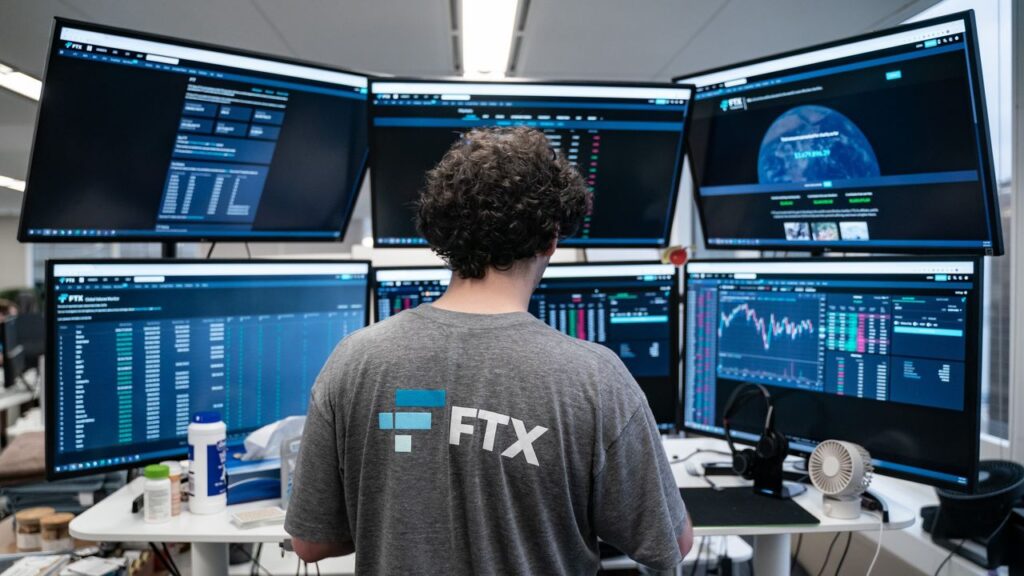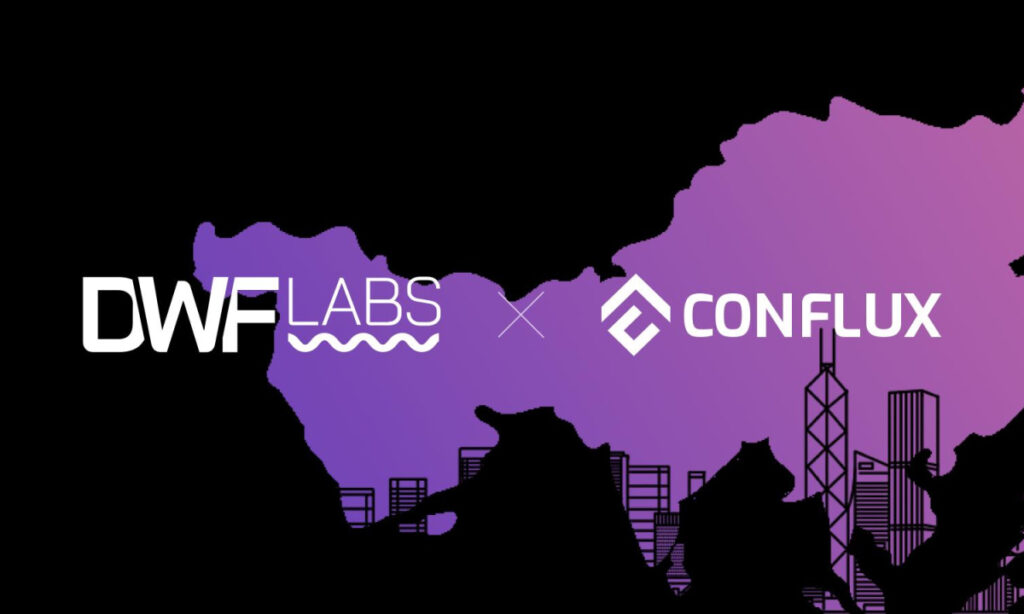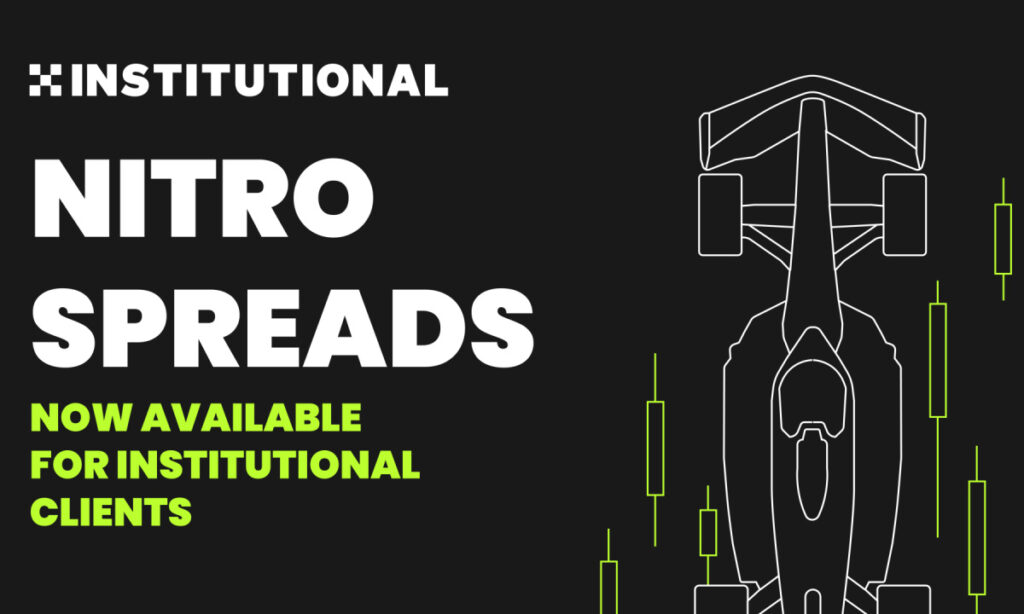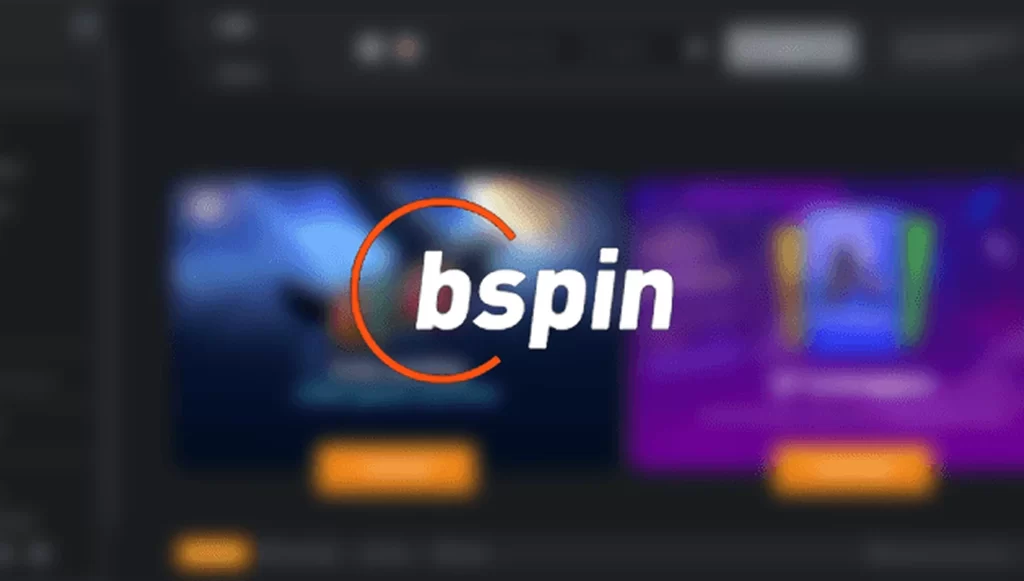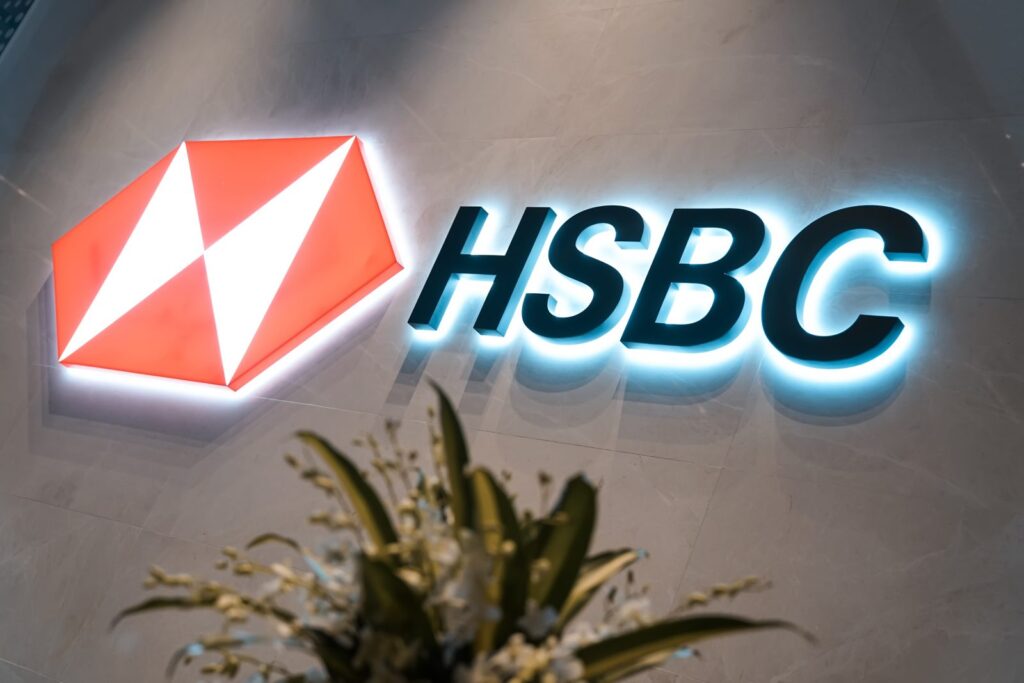SYS Labs has today announced the launch of Rollux, an innovative EVM Layer-2 solution that is designed to optimize the performance of Ethereum network applications. It achieves this by harnessing the strength of Bitcoin, setting SYS Labs aside from its current competitors in the market.
Rollux is powered by Syscoin and its utility token $SYS. It functions as Syscoin’s Layer 2 and provides scope for huge scalability.
This cutting-edge EVM Layer-2 solution sets a new standard in the marketplace as the highest-performing EVM-rollup solution, “offering unparalleled speed, scalability, and affordability.”
In addition to boasting the fastest speeds, highest throughput at scale, and the lowest transaction fees, it is the only major rollup to offer merged mining with Bitcoin.
SYS Labs CEO Jagdeep Sidhu hailed the launch of Rollux, while emphasizing its primary benefits.
“Rollux is the embodiment of our shared vision and unwavering commitment. We’re delivering on our promise of speed, decentralization, security, affordability, and scalability — the core pillars of blockchain technology that we always believed were vital for fostering mass adoption,” Sidhu said.
Rollux is the first product to be developed and rolled out by SYS Labs, but other equally innovative blockchain solutions will be unveiled by the firm in due course.
It leverages the capabilities of SuperDapp, an AI-enhanced Web3 social platform, which has essential chat features, a built-in non-custodial wallet, and a mobile responsive version.
Furthermore, the ecosystem incorporates Pegasys DeFi exchange and AMM, Luxy NFT Platform, Pali Wallet (web & mobile), DAOSYS, and Camada, a noncustodial, regulatory-compliant crypto trading platform to accelerate mainstream investments and self-custody.
SYS Labs has already inked partnerships with several developers who will also be launching their own products on Rollux.
Other Stories:
Nevada Regulator Seeks Receiver for Crypto Custodian Prime Trust Amid Financial Concerns
Retail Investors Will Drive Significant Price Surges in Bitcoin
Former FTX CEO Sam Bankman-Fried Suffers Legal Blow In Criminal Case



